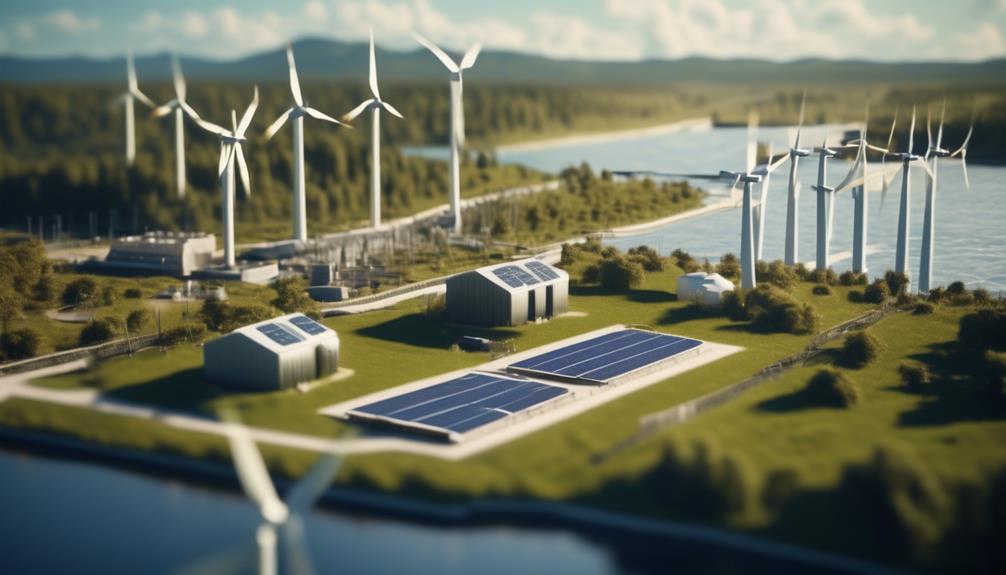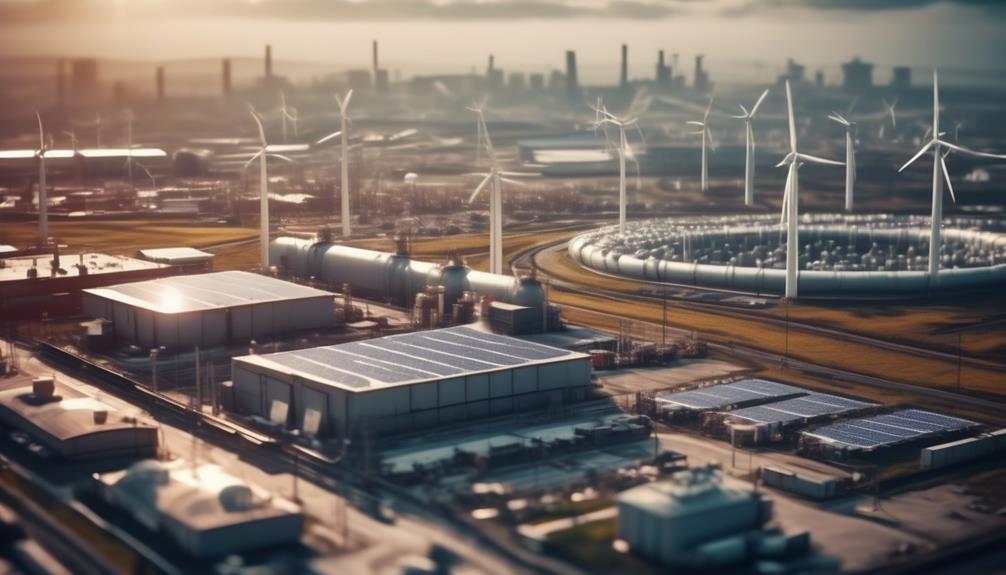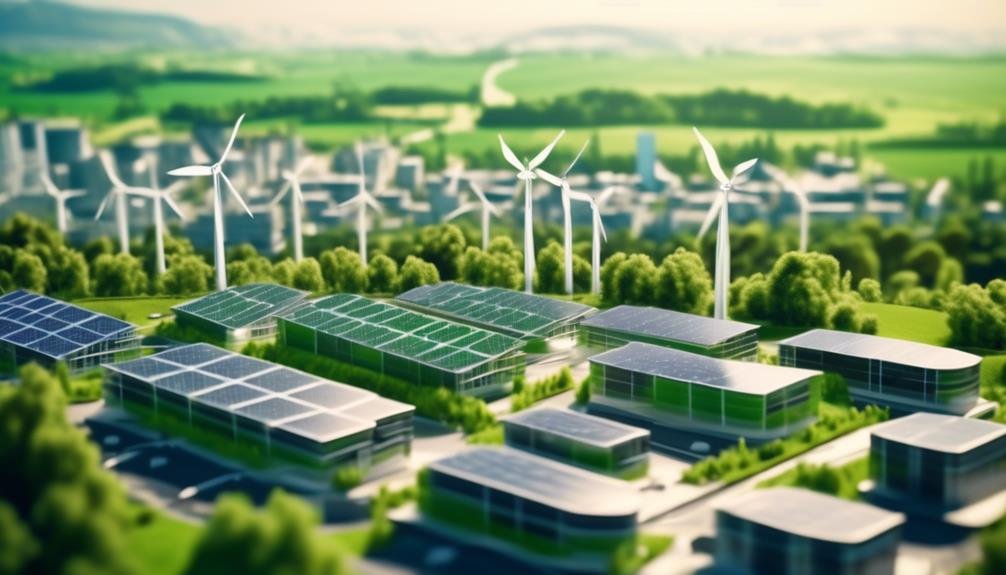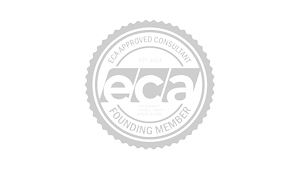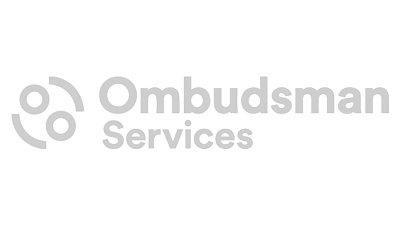In an era where businesses are constantly vying to outperform competitors, the pressure to optimise operations, slash unnecessary expenditures, and champion sustainability has never been more intense. You’re likely on the lookout for innovative solutions to not just survive but thrive.
Customised energy solutions stand as a beacon of hope, offering a way to not only enhance energy efficiency but also carve a path toward a greener, more sustainable future. This might seem like a tall order, but with the right strategies, it’s entirely within reach.
Understanding the nuances of energy management and procurement, alongside the quest for renewable energy alternatives, can seem daunting. Yet, these challenges are far from insurmountable. With a nuanced approach that draws on deep industry insights, we aim to demystify the process, presenting options that are not just viable but also tailored to your specific needs.
The goal is to not only meet expectations but to surpass them, ensuring that your journey towards improved efficiency, reduced costs, and enhanced sustainability is not just a vision, but a tangible reality. Let’s embark on this transformative journey, exploring how customised energy solutions can redefine the essence of your business operations and drive you towards unprecedented success.
Key Takeaways
- Personalised energy assessments and data analysis can identify areas of high energy consumption and potential inefficiencies in your business.
- Customised energy solutions, such as automation technologies and smart automation systems, can optimise energy usage, minimise wastage, and enhance equipment usage.
- Cost-effective energy procurement options, such as demand response programmes and energy storage solutions, can reduce energy expenses, optimise energy usage, and improve the bottom line of your business.
- Tailored renewable energy solutions, such as solar power integration and wind energy optimisation, can help businesses reduce their carbon footprint, lower overall carbon emissions, and generate clean and sustainable power on-site.
Enhanced Energy Efficiency Strategies
Enhanced Energy Efficiency Strategies employ personalised energy assessments and advanced technologies to optimise energy usage and reduce consumption in businesses. These strategies offer numerous benefits, including energy assessment benefits and automation benefits.
Energy assessments are a crucial component of Enhanced Energy Efficiency Strategies. They involve a comprehensive evaluation of a business’s energy usage patterns, identifying areas of high energy consumption and potential inefficiencies. By analysing energy consumption data, businesses can gain insights into their energy usage patterns, allowing them to make informed decisions and implement targeted efficiency measures. This personalised approach ensures that businesses can optimise their energy consumption based on their unique needs and requirements.
Furthermore, Enhanced Energy Efficiency Strategies leverage automation technologies to streamline energy-consuming processes. By integrating smart automation systems, businesses can automate energy-consuming processes, such as heating, cooling, and lighting, to optimise energy usage. This not only reduces energy waste but also improves operational efficiency. Automation technologies enable businesses to monitor and control energy usage in real-time, ensuring that energy is only consumed when and where it is needed.
Cost-Effective Energy Procurement Options
Cost-effective energy procurement options are an essential consideration for businesses looking to optimise their energy costs while ensuring reliable and sustainable energy supply. Customised Energy Solutions (CES) offers a range of solutions to help businesses achieve this goal.
One cost-effective energy procurement option is demand response. CES provides advanced tools and services for managing retail energy operations through CES | BLUE. This allows businesses to participate in demand response programmes, where they can reduce their energy consumption during peak demand periods in exchange for financial incentives. By strategically managing their energy usage, businesses can lower their overall energy costs.
Another option is energy storage. CES offers comprehensive hosted software and generation service solutions through CES | GOLD. This includes energy storage solutions that allow businesses to store excess energy during off-peak periods and use it during peak demand times. This not only helps to reduce energy costs but also improves grid reliability and resilience.
CES also assists clients in adopting and integrating emerging energy technologies, such as energy storage, offering proactive and forward-thinking solutions. By staying ahead of the curve and embracing innovative energy procurement options, businesses can further optimise their energy costs while contributing to a more sustainable energy future.
Streamlined Energy Management Processes
Streamlined Energy Management Processes play a crucial role in optimising energy generation assets, retail operations, demand response, and emerging technologies for efficient and effective energy management. These processes simplify the complex tasks involved in managing energy systems and provide advanced tools and services to streamline operations.
One key aspect of streamlined energy management is the use of energy management software. This software allows businesses to monitor, control, and analyse their energy consumption in real-time. It provides detailed insights into energy usage patterns, identifies areas of inefficiency, and helps in making data-driven decisions to optimise energy consumption.
To further enhance energy management processes, energy consumption analysis is essential. This involves analysing historical energy data to identify trends, patterns, and anomalies in energy consumption. By understanding these patterns, businesses can identify opportunities for energy savings and implement strategies to reduce energy waste.
To illustrate the benefits of streamlined energy management, consider the following table:
| Energy Management Process | Benefits |
|---|---|
| Optimise energy generation assets | Maximises revenue streams and reduces operational costs |
| Streamline retail operations | Simplifies customer billing and improves customer satisfaction |
| Implement demand response | Enables participation in energy markets and earns revenue |
| Manage emerging technologies | Integrates new energy technologies for improved efficiency |
| Monitor and control distributed energy resources | Enables effective decision-making and optimisation of resources |
Tailored Renewable Energy Solutions
Tailored renewable energy solutions are designed to meet the specific needs and requirements of businesses, providing them with customised strategies and technologies to optimise their use of renewable energy sources. These solutions offer innovative approaches to integrate solar power and optimise wind energy, allowing businesses to reduce their reliance on traditional fossil fuel sources and minimise their carbon footprint.
One aspect of tailored renewable energy solutions is solar power integration. By analysing a business’s energy usage patterns and available space, experts can design and implement solar power systems that generate clean and sustainable electricity. These systems can be seamlessly integrated into existing infrastructure, enabling businesses to generate their own power and reduce their reliance on the grid.
Another key aspect is wind energy optimisation. Experts can assess a business’s geographical location and wind resources to determine the feasibility of wind turbines. By designing efficient wind energy systems, businesses can harness the power of wind to generate electricity and offset their energy consumption.
Tailored renewable energy solutions not only help businesses transition to cleaner energy sources but also provide long-term cost savings. By utilising renewable energy technologies, businesses can reduce their energy bills and mitigate the risks of fluctuating fossil fuel prices.
Improved Sustainability Practices
Through personalised energy assessments and the integration of renewable energy, businesses can significantly reduce their carbon footprint and improve their sustainability practices. Customised energy solutions offer a range of benefits that contribute to a more sustainable business model.
Here are three key ways in which businesses can enhance their sustainability practices:
- Energy Conservation Strategies: Personalised energy assessments provide businesses with valuable insights into their energy usage patterns, enabling them to identify areas of inefficiency and implement effective energy conservation strategies. By adopting energy-saving practices such as optimising equipment usage, implementing smart automation systems, and adopting energy-efficient upgrades, businesses can reduce their overall energy consumption and minimise wastage.
- Sustainable Business Practices: Custom energy solutions promote sustainable business practices by reducing dependence on traditional power grids and integrating renewable energy sources. By incorporating solar panels, wind turbines, or other renewable energy technologies, businesses can generate clean and sustainable power on-site, reducing their reliance on fossil fuels and lowering their overall carbon emissions.
- Cost Savings: Implementing personalised energy conservation plans not only benefits the environment but also offers substantial cost savings for businesses. By optimising energy usage, businesses can reduce their energy expenses and improve their bottom line. Additionally, adopting sustainable practices and showcasing environmental responsibility can enhance brand reputation and attract environmentally conscious customers.




